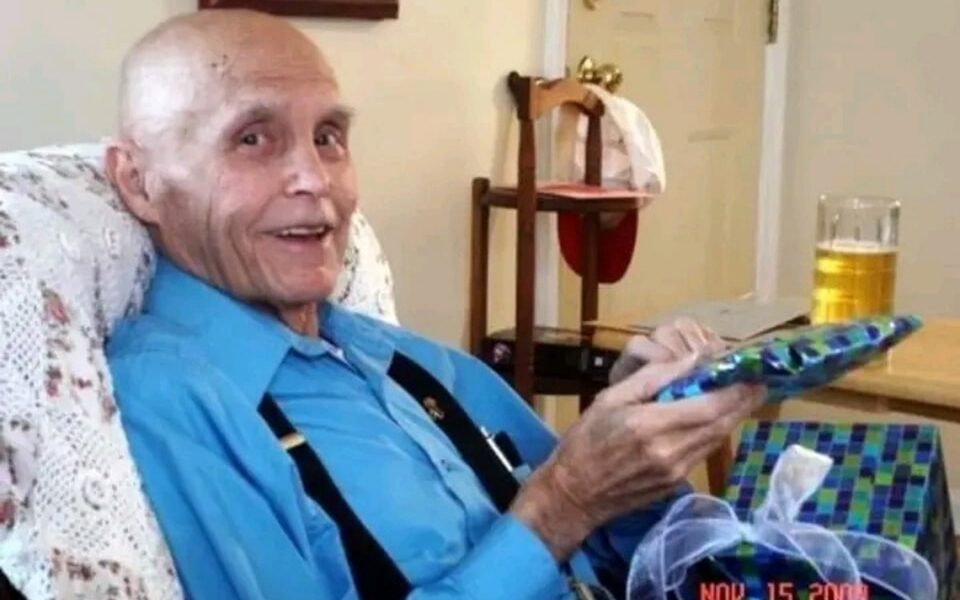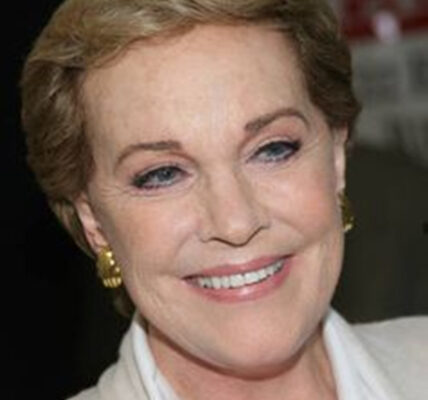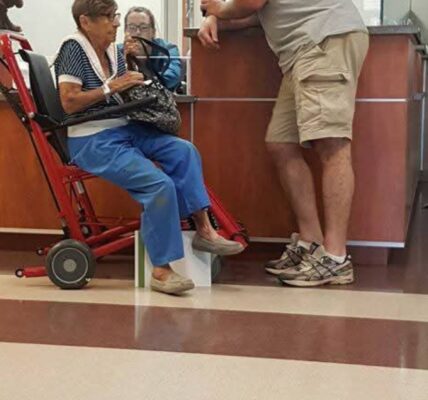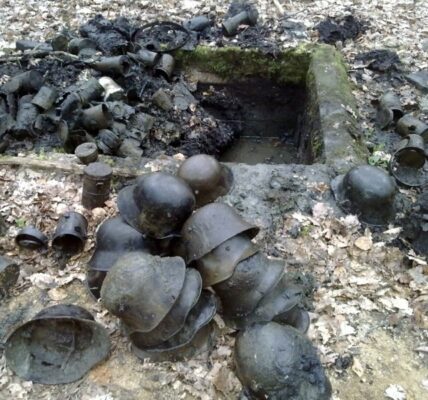
I didn’t know him well at first—just the elderly man who lived next door. But after a long winter without seeing him, I decided to check in. He’d lost nearly 50 pounds, and his doctor couldn’t figure out what was wrong. That’s when I volunteered to help. Soon, we had an answer—malignant cancer.
His family lived across the country and wanted nothing to do with his care. I stepped in.
Over the next three years, we went through the hardest parts together—chemotherapy, a stem cell transplant, countless hospital visits. His family was Roman Catholic, and I believe he was gay, though we never discussed it. I suspected their beliefs were why they’d turned away from him. It was heartbreaking.
Because I lived right next door, I could keep an eye on him from my kitchen window when he needed peace. We moved his bedroom into the living room so he could rest in view. One afternoon, I noticed smoke. He had tried to cook, and a fire had started. I managed to put it out, and from that day on, I made his meals myself. He didn’t always have an appetite, but I made sure there was always something for him.
This became my life.
I learned he had never celebrated a birthday. So one year, I invited my family over. We brought gifts, cards, and cake. Watching his face light up was one of the most beautiful moments of my life.
When he passed away, he left me his house and Corvette. His family—wealthy and uninterested in his care—was furious. I buried him in his family plot and bought him a beautiful headstone. But his relatives had the cemetery remove it. It broke my heart. When I visited, the cemetery manager told me they agreed the family was awful and refunded me for the stone.
One winter evening, I went to visit his grave. Snow was falling gently as I walked back to my car. Suddenly, a herd of deer rose from the stillness, watching me silently, unafraid. In that moment, I felt certain he was safe, happy, and at peace. His family might have believed they’d condemned him, but I knew better. My sadness lifted, replaced by a quiet smile.
Before he passed, he made sure his family would receive $7,000 in his will, enough to prevent them from contesting it. I sent them his Marine dress uniform, his dog tags, and other keepsakes I thought they might treasure. They refused delivery and returned everything.
I sold his house when the market was low, remodeled the kitchen and bathroom, and donated most of his money to the Karmanos Cancer Society.
Today, I keep a shadow box in my home with his picture, dog tags, coins from around the world, and even a photograph of him riding a camel on vacation. Every piece tells part of his story.
I don’t regret a single moment of those three years.
If there’s a lesson here, it’s this: It doesn’t matter what you own—it matters what you do. Be there for those who can’t care for themselves, whether they’re family or not. Offer your time, your attention, your kindness. In the end, that’s the legacy that matters.




